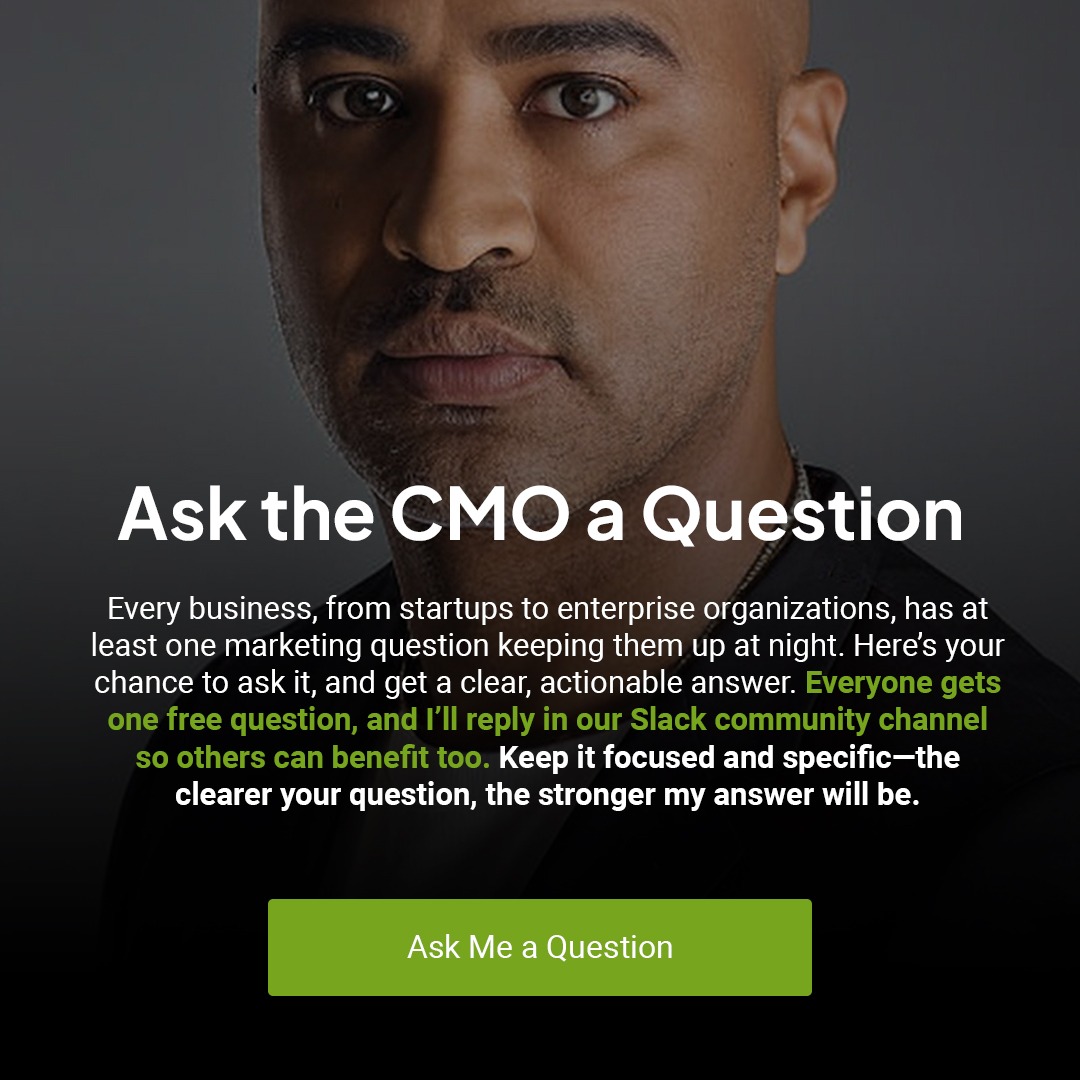Discussions of success in the startup ecosystem often emphasize rapid innovation, agility, and disruptive thinking. As entrepreneurs, we’re repeatedly encouraged to pivot, iterate, and constantly embrace uncertainty. While flexibility and adaptability are undoubtedly necessary, many founders overlook a far more straightforward but equally powerful principle: consistency.
Consistency—delivering reliable experiences, maintaining disciplined processes, and upholding stable leadership—is foundational for long-term business sustainability. Despite its importance, consistency rarely receives the spotlight it deserves. This oversight can be costly, especially as startups transition from initial launch to sustainable growth.
This article explores why consistency matters deeply, how entrepreneurs can integrate it into their startup strategies, and why companies embracing consistency outperform those that neglect it.
Why Consistency Matters for Startups
Consistency forms the bedrock of customer trust, team cohesion, and operational effectiveness. A startup that consistently delivers on its promises, provides reliable quality, and communicates builds a foundation of trust with both customers and employees.
When startups emphasize consistent experiences, customers develop confidence in the brand. Predictable, reliable experiences inspire loyalty, reduce customer churn, and encourage referrals. Similarly, internal consistency—clear, reliable processes and stable leadership—creates an environment where employees understand expectations and responsibilities, which is vital during rapid growth.
Delivering Consistent Value to Customers
For startups, the importance of consistent customer experiences cannot be overstated. Every interaction a customer has with your company should meet or exceed expectations. When customers know exactly what to expect, they’re more likely to trust and recommend your brand to others. This trust is especially valuable in early-stage companies, where reputation can dramatically impact growth.
Companies like Apple and Amazon didn’t achieve dominance merely through innovative products; they built reputations on predictably exceptional customer experiences. While innovation initially attracted customers, consistency in delivering quality products and excellent service retained them. For startups, the lesson is clear: initial success comes from innovation, but sustained success depends on consistent execution.
Establishing Internal Consistency: The Value of Processes
Consistency isn’t only about external customer interactions—it’s equally crucial within the organization itself. Clearly defined, repeatable processes reduce errors, improve efficiency, and foster better team communication. Without these processes, startups can quickly devolve into chaotic, inefficient operations, jeopardizing their long-term potential.
Startups that prioritize clear, consistent processes benefit from greater operational clarity. Employees know their roles, understand performance expectations, and can operate autonomously without constant oversight. This internal reliability translates directly into better external results, enabling the company to scale faster and more effectively.
For instance, startups can implement standardized processes in areas such as onboarding new employees, handling customer inquiries, or managing projects. Creating and documenting these processes early sets a stable foundation, allowing the startup to grow more smoothly without sacrificing quality.
Consistency in Leadership: Building Trust and Culture
Consistency also plays a significant role at the leadership level. Founders who consistently demonstrate clear values, predictable behaviors, and steady decision-making foster trust and confidence among their teams. In contrast, erratic leadership decisions and inconsistent messaging can quickly undermine employee morale and erode internal trust.
When startup founders embody consistency—consistently communicating vision, reinforcing core values, and holding themselves accountable—they create a culture of reliability. This culture encourages transparency, boosts employee engagement, and ultimately leads to better organizational performance.
One powerful example of consistent leadership is Patagonia’s founder, Yvon Chouinard, who consistently upheld values of sustainability and social responsibility. This unwavering consistency has become Patagonia’s strongest competitive advantage, inspiring fierce customer loyalty and high employee retention rates.
The Risks of Neglecting Consistency
Many entrepreneurs are so focused on rapid innovation and short-term growth metrics that they neglect consistency entirely. While pivoting and adapting quickly is essential, neglecting consistency can create serious risks:
- Customers lose confidence when quality and service fluctuate unpredictably.
- Employees become disengaged or confused if internal processes and leadership messages constantly change.
- Operational efficiency suffers due to a lack of standardized processes.
Inconsistency breeds uncertainty and undermines trust. Over time, even highly innovative startups may lose ground to competitors who consistently deliver reliable experiences.
How Startups Can Implement Consistency Effectively
Integrating consistency into a startup’s operations doesn’t require major investments or elaborate strategies. Instead, it’s about embedding predictable, repeatable practices into everyday actions. Startups can begin by:
- Developing clear standard operating procedures (SOPs) for essential business functions.
- Communicating clearly and consistently with both customers and employees.
- Regularly reviewing processes to ensure consistency aligns with growth and changing conditions.
By embedding these practices into the business from an early stage, startups lay a solid foundation for long-term success and resilience.
Real-World Examples of Successful Startup Consistency
Stripe, the online payment processor, exemplifies consistency. While many fintech startups tried flashy marketing campaigns or aggressive growth hacks, Stripe focused on consistently delivering a secure, intuitive product. Their reliability quickly earned trust among developers and businesses alike, fueling sustained growth and substantial market share.
Another notable example is Slack. From day one, Slack consistently prioritized user-friendly design and seamless communication experiences. Rather than relying solely on innovation, Slack’s steady commitment to product quality and user experience established a competitive advantage that endured even as competition intensified.
Consistency as a Strategic Advantage
Consistency may lack the allure of disruptive innovation, but its power lies precisely in its predictability. When startups commit to consistently delivering on promises—whether to customers, employees, or partners—they build something invaluable: trust.
In highly competitive markets, trust becomes a differentiator. Consistency helps startups achieve this trust, transforming it into lasting relationships, increased customer lifetime value, and long-term competitive advantages. In short, consistency isn’t just good practice—it’s strategic.
Conclusion: Building Sustainable Startup Success Through Consistency
While innovation attracts attention, its consistency often ensures enduring success. Startups that understand and prioritize consistency in customer experience, internal processes, and leadership establish powerful foundations that endure beyond initial successes. Entrepreneurs must recognize that consistency complements agility and innovation to achieve lasting growth. By embracing consistency, startups can cultivate customer trust, enhance internal efficiency, and foster a stable, motivated workforce. The resulting trust and reliability position startups for sustainable success, enabling them to scale confidently into the future.
Keep Reading
Want more? Here are some other blog posts you might be interested in.
Confusing a launch plan with a GTM strategy is one of the fastest ways to stall growth. A launch plan gets ...
On Monday, October 20, 2025, Amazon Web Services experienced a major incident centered in its US-EAST-1 region. The problem began in ...
There is a certain kind of account that arrives wrapped in urgency and praise. They hire you because you are the ...
For founders and growing companies
Get all the tips, stories and resources you didn’t know you needed – straight to your email!




